BJP’s Odia Pride Campaign in Odisha: Strategy and Success
HIghlighting Odia pride and incompetence of Naveen Patnaik and BJD to resist non-Odia bureaucrats from ruling the state, Narendra Modi led BJP to victory
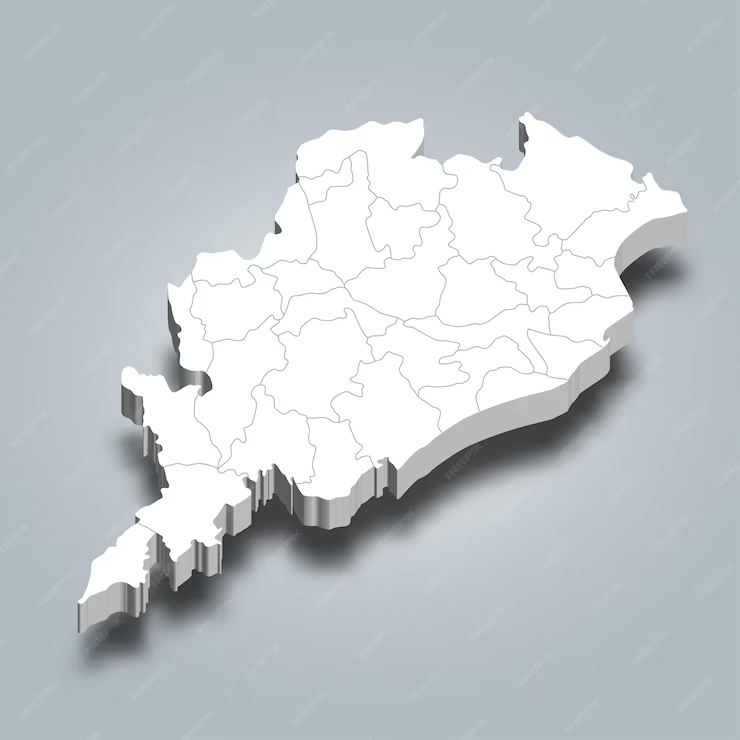
HIghlighting Odia pride and incompetence of Naveen Patnaik and BJD to resist non-Odia bureaucrats from ruling the state, Narendra Modi led BJP to victory
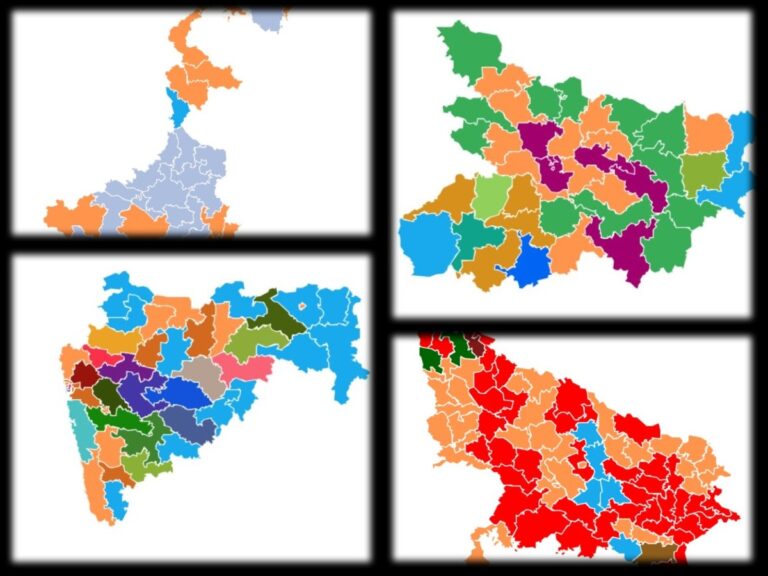
With weak partners, NDA’s performance in Uttar Pradesh, Maharashtra, Bihar and West Bengal has been dented by regional parties.

2024 election season saw the BJP highlighting Indian leadership of the G20, success of Operation Ganga, evacuation of Indians from war-torn Ukraine with the Opposition criticizing the incumbent on the stand-off in Galwan as well as the alleged occupation of around 2000 sq km of Indian territory by China (a claim disputed by the current government).
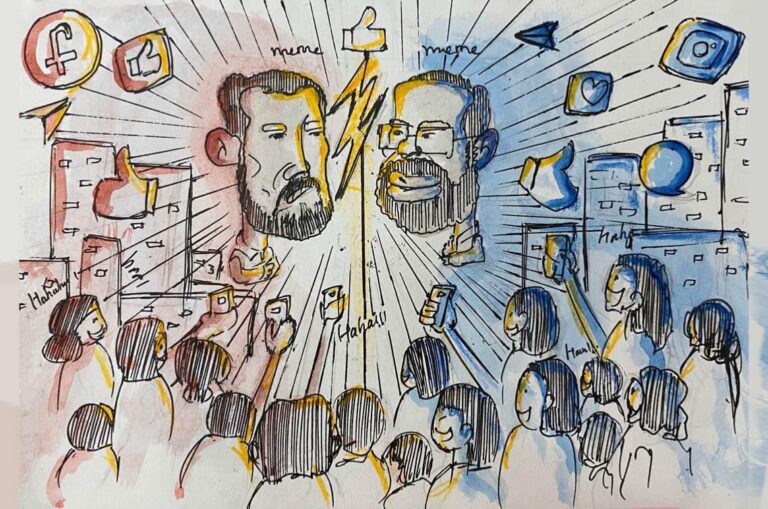
Memes and social media have become crucial in political discourse. The article talks on Narendra Modi and Rahul Gandhi’s perceptions.
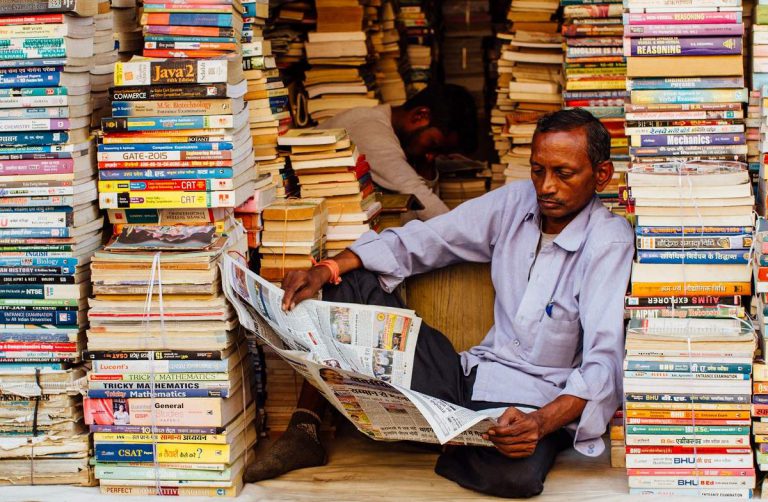
Problem lies in simplifying complex issues into binary oppositions, marginalizing moderate voices, and employing charged language to stifle nuanced discussion.
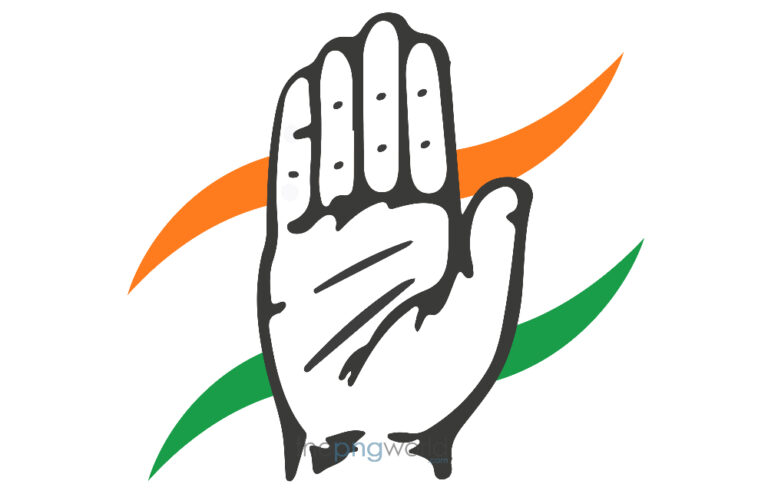
Gandhi family should closely observe the newness of Indian politics without grappling with the long electoral history of their family members.
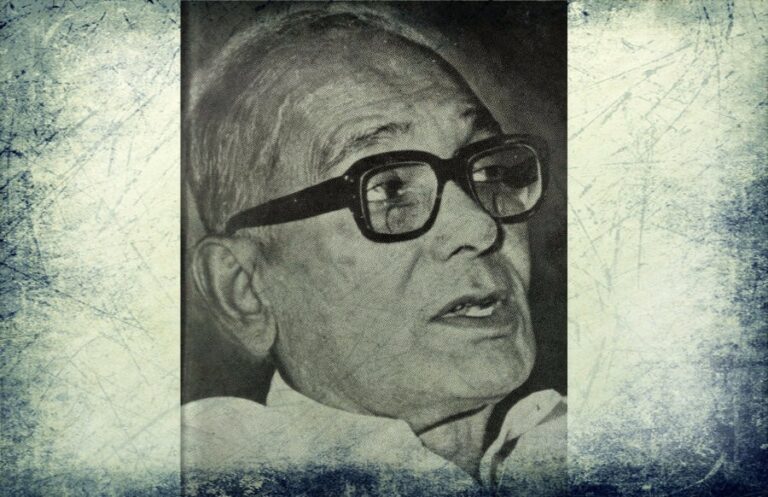
Narayan passed on at his home in Patna on 8th October 1979, from the impacts of diabetes and heart disease
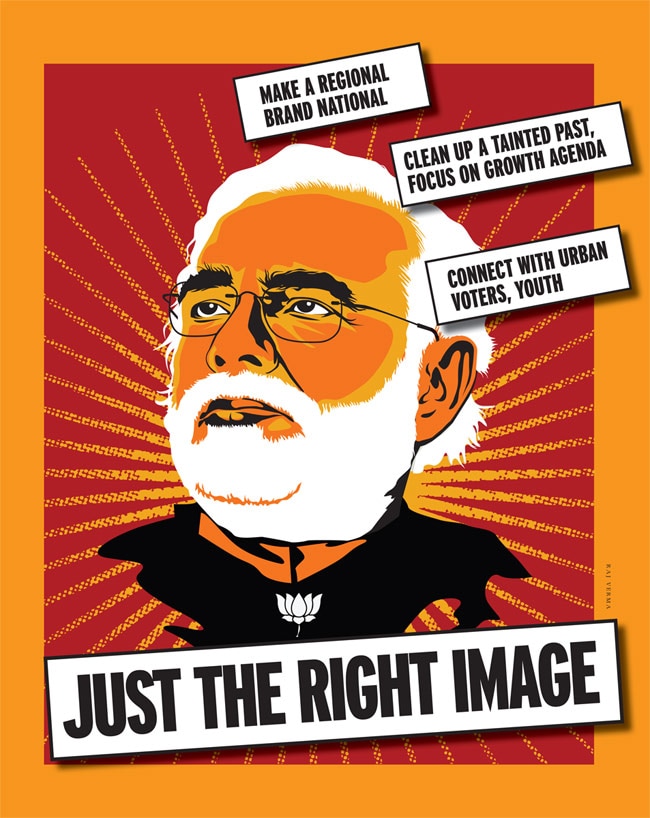
The Bharatiya Janata Party’s (BJP) rise in the Indian political circles has been well documented for a considerable amount of time. But in 2014, a resurgence of sorts caused BJP to come to power for the second time in over 16 years. BJP’s meticulous rise to power marks an era of the political right-wing dominating politics, not only in India but in other notable powers of the world as well.
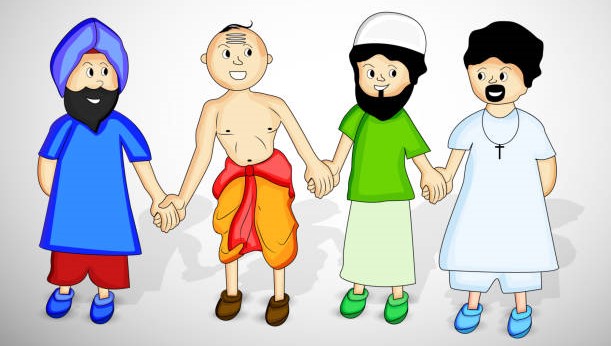
However, in the race of power projection where no one wants to project oneself as weak, the genuine efforts of welfare find no place
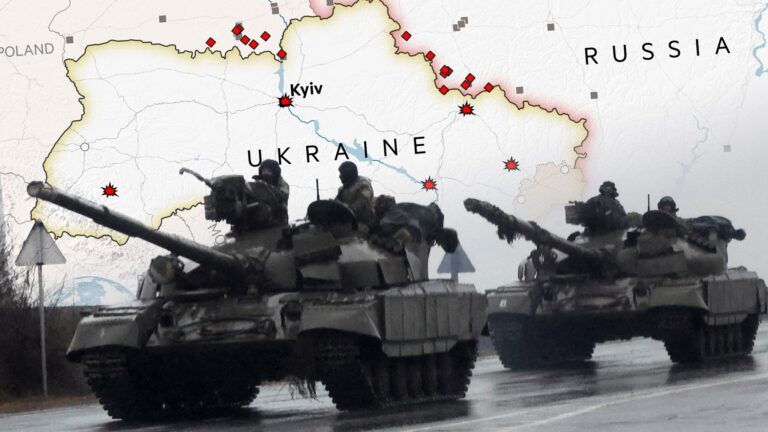
his article makes an attempt to list down some of the important factors that could help understand the motive of the aggressors and in turn, help to ease the geopolitical conflict at play in the Eastern European region over the past few decades.

For any political party to thrive in conditions as hostile as the Indian political climate, the presence of a strong, astute leader capable enough to tackle dynamic political conditions is very critical. And it is the absence of a strong figure capable enough to tackle and counter the rise of the BJP that is hurting Congress’ aspirations to rise to power.

The literature at hand for the Constitution reads it as boundaries of the political community. These boundaries can be territorial (the geographical borders of a state, as well as its claims to any other territory or extraterritorial rights) and operating within the ambit of state.